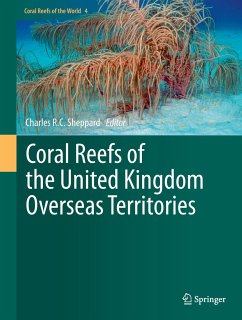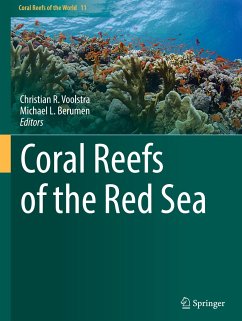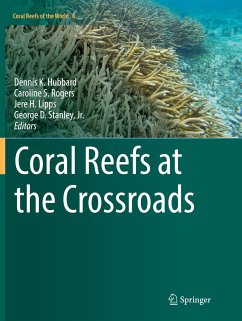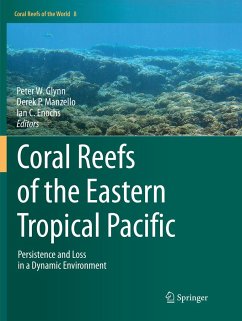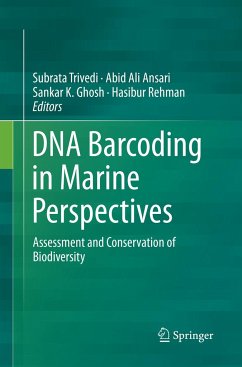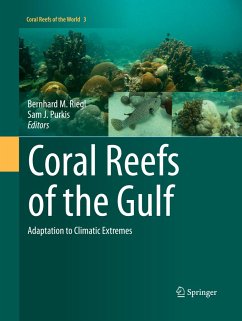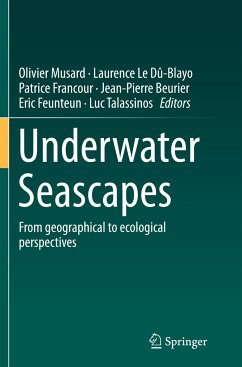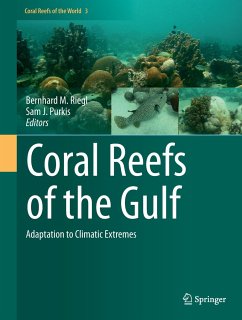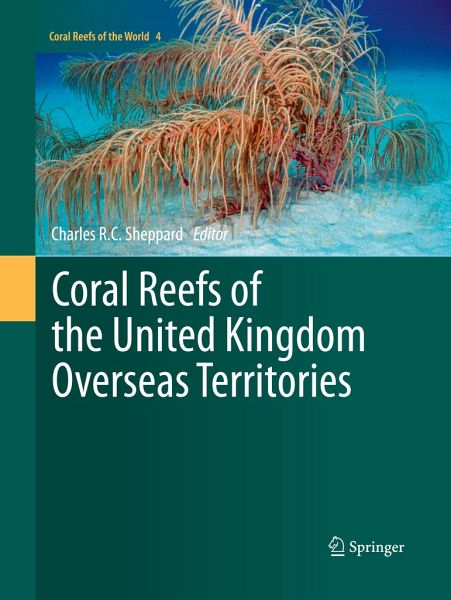
Coral Reefs of the United Kingdom Overseas Territories
Versandkostenfrei!
Versandfertig in 6-10 Tagen
76,99 €
inkl. MwSt.

PAYBACK Punkte
38 °P sammeln!
The tropical UK Territories have extensive coral reefs. Huge parts of these areas are exceptionally rich, productive and diverse. Their marine biodiversity exceeds that of the UK itself, and several are already, or are planned to be, strictly protected. Some of these areas serve as reference sites for many other countries with damaged reefs and they are oases of tropical marine biodiversity in a fast-degrading world. This book reviews all of the UK reefs, from those scarcely known to those where substantial research has already been performed.



